
Health & Medicine
As a health worker, what’s my risk from COVID-19?
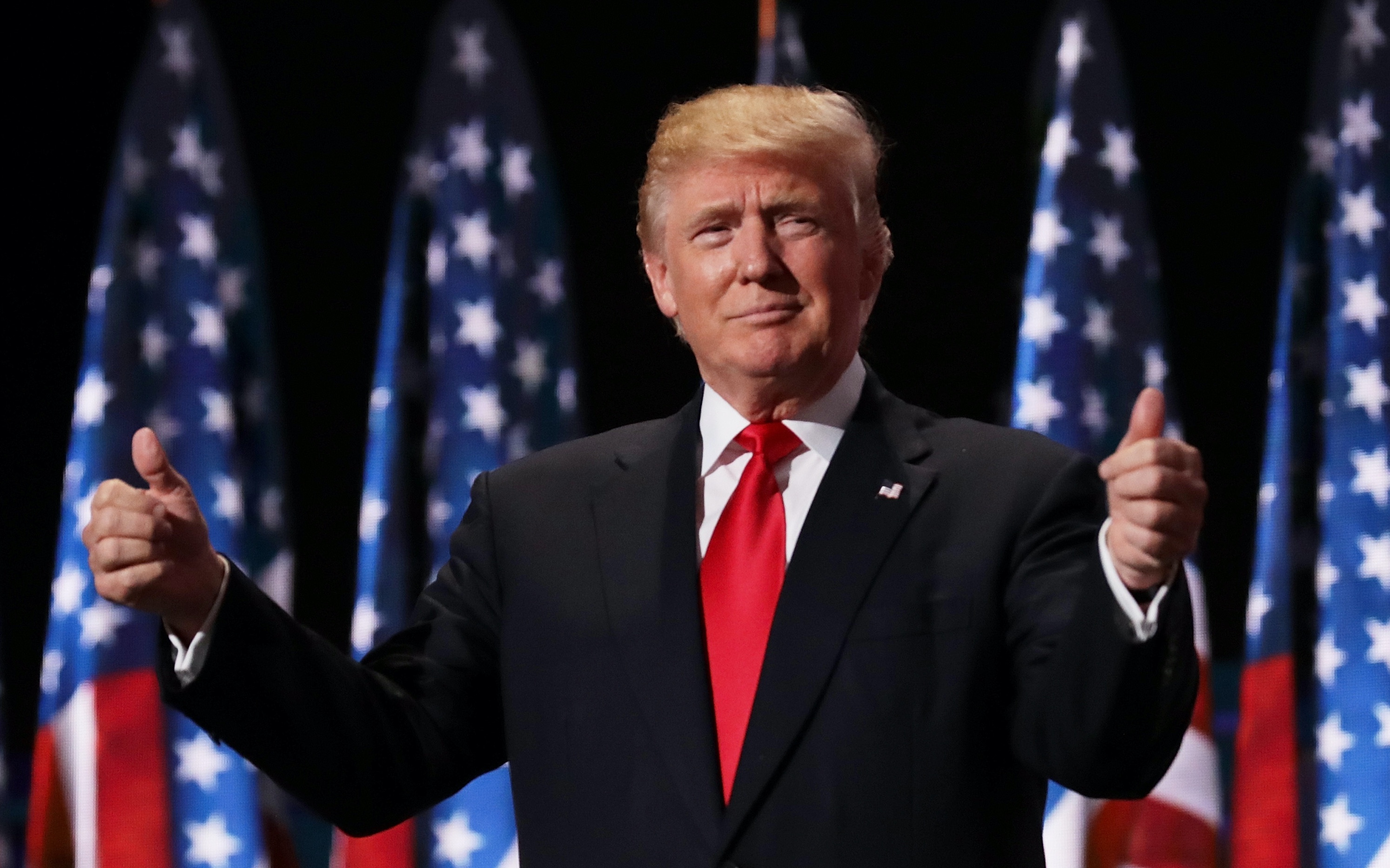
The US president has faced widespread criticism over his handling of the coronavirus pandemic, but President Trump may well prosper in the upcoming presidential elections
Published 29 April 2020
According to his detractors (and not a few of his supporters), US President Donald Trump’s handling of the COVID-19 pandemic spells doom for his chances in the upcoming Presidential elections.
Early November will see American voters heading to the ballot box to decide whether Mr Trump will go on to serve a second term as US president.
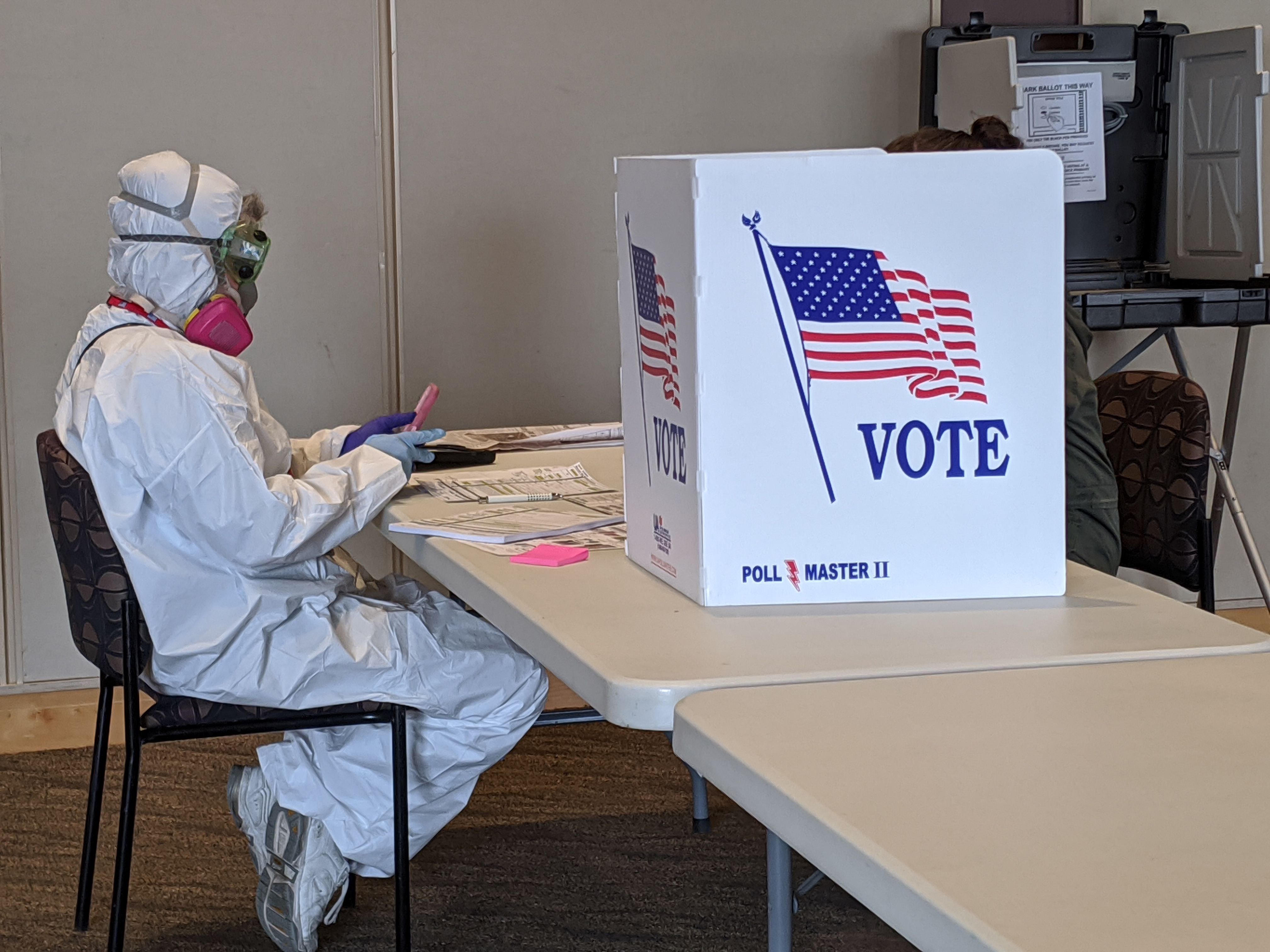
But there are at least ten reasons to be sceptical about the pessimistic forecasts of his chances of re-election. While no president would engineer such a crisis to secure votes, Trump may well prosper as the pandemic plays itself out.
So, what are the key issues that could stand President Trump in good stead come November?
Unless the US death COVID-19 toll matches the most pessimistic predictions, and despite a halting, comically inept start, and some truly bizarre detours, Trump will claim credit for leading the battle against it.

Health & Medicine
As a health worker, what’s my risk from COVID-19?
Other sub-national leaders have raised their profile in the crisis – the New York Governor Andrew Cuomo most notably – but, unless Joe Biden makes one his running mate, none of them is in contention against the president this year.
Trump’s COVID-19 leadership has threatened disaster but hasn’t yet proved catastrophic. This crisis should have exposed everything wrong with his presidency. But it hasn’t.
His idiosyncrasies (which people the world over either love or hate him for) haven’t precluded a scientific response – the director of the National Institute of Allergy and Infectious Diseases, Dr Anthony Fauci, is still there.
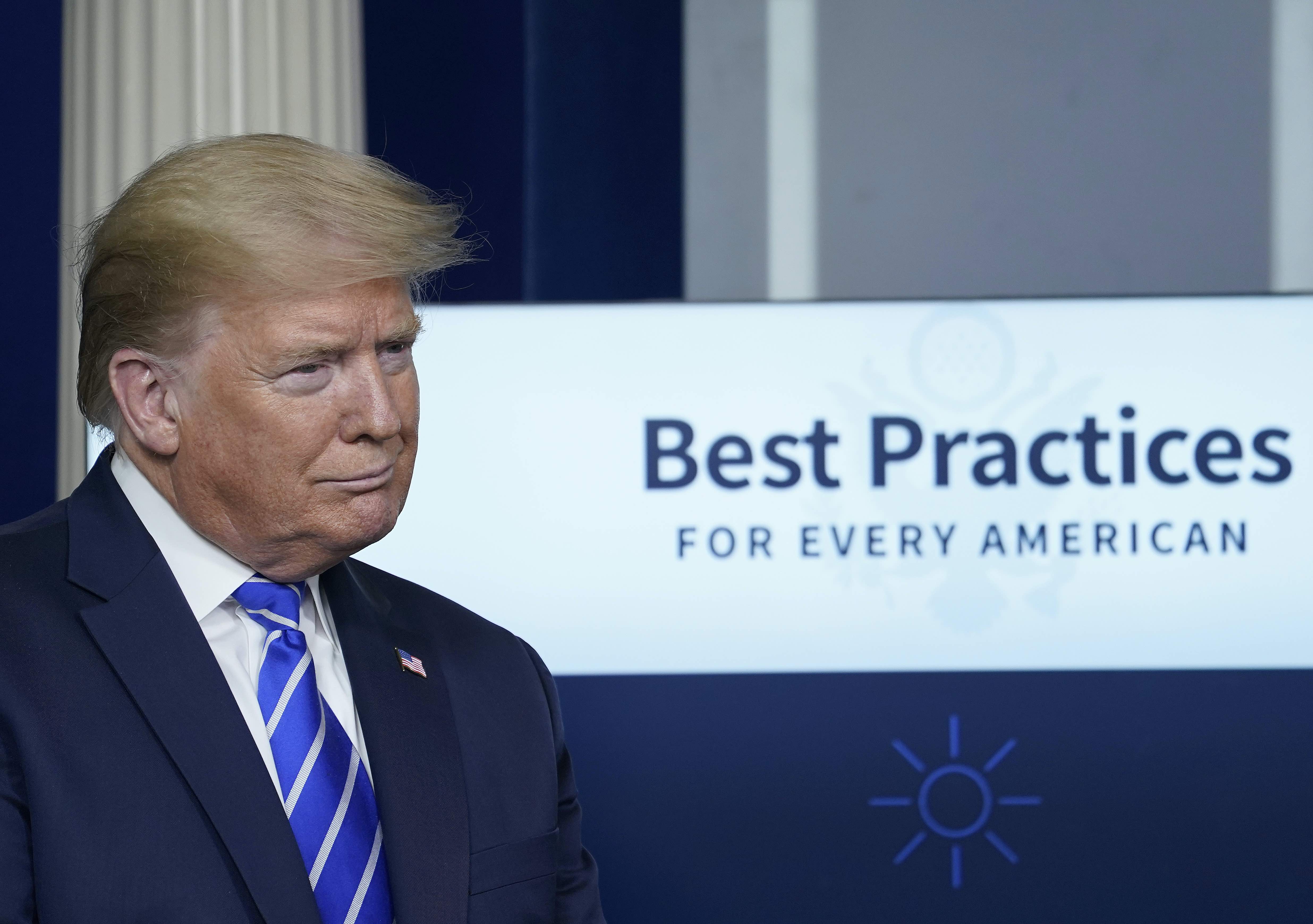
Trump’s style has been variously absurd – he is Donald Trump after all – but the substance of his response hasn’t been. He has closed America’s borders, just as left-wing Prime Minister Jacinda Ardern has closed New Zealand’s borders.
In 2016, Trump’s first election campaign was framed by ‘sticking’ it to the Chinese communists and their subsidising of cheap labour – which, according to him, has destroyed US manufacturing jobs over decades.

Politics & Society
The long shadow of the Cold War
In 2020, he will campaign against the country’s wet markets – and the Americans, he will argue, killed by them. He waged a trade war, he said, to correct the Chinese Communist Party’s economic duplicity.
Now, he will assume the mantle of war leader, destined to call their alleged public health deceptions to account.
Trump will likely avoid blame for the economic slump the world is now entering – Chinese president Xi Jinping won’t.
Western governments are pulling fewer punches when it comes to blaming China for their human and economic losses.
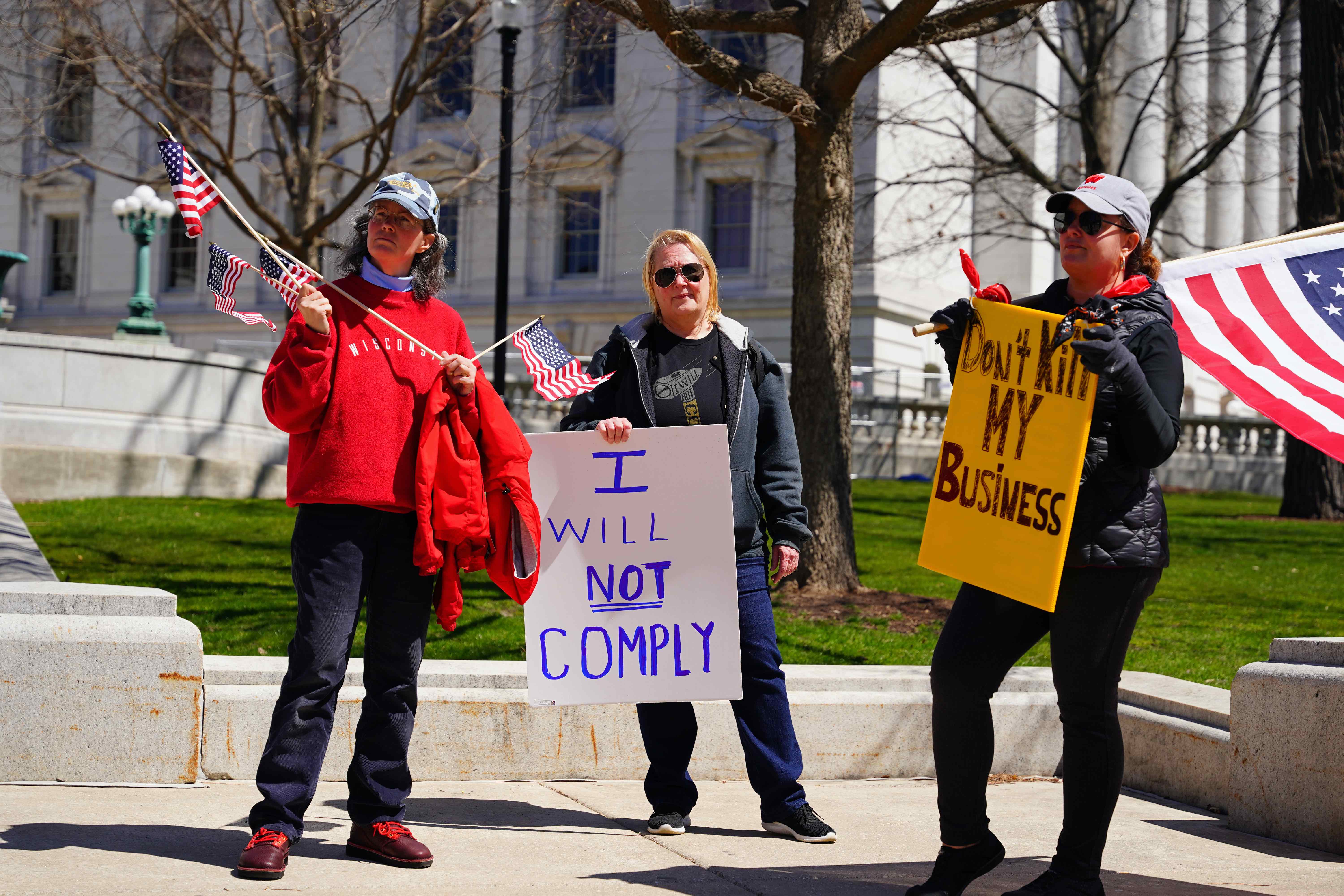
More than 70 per cent of Britons, according to a recent opinion poll, want an international inquiry into China’s handling of the initial outbreak. Sweden is closing the Chinese government-run Chinese language and culture centres called Confucius Institutes, the first European country to do so. And the Indian government will hardly excuse its great rival, China, for the chaos coronavirus has unleashed across their country.
Trump has started to echo this popular sentiment. He built his real estate credentials by suing his enemies; he will almost certainly join efforts to sue the People’s Republic – a process members of his own party have already started and which may well prove popular among his voting public.

Health & Medicine
Will COVID-19 change what it means to be unemployed?
Even if Trump makes economic missteps between now and November, the cause of the crisis will remain biological. His economic statecraft may well be cut some slack, given the scale of the pandemic.
Donald Trump, Scott Morrison and Boris Johnson are pursuing not identical but similar strategies – to rescue the productive parts of their respective economies and to save free-market capitalism. Barack Obama was re-elected in 2012 for having done much the same.
Trump’s opponents see him as the equivalent to the president who failed to arrest the Great Depression between 1929 and 1933.
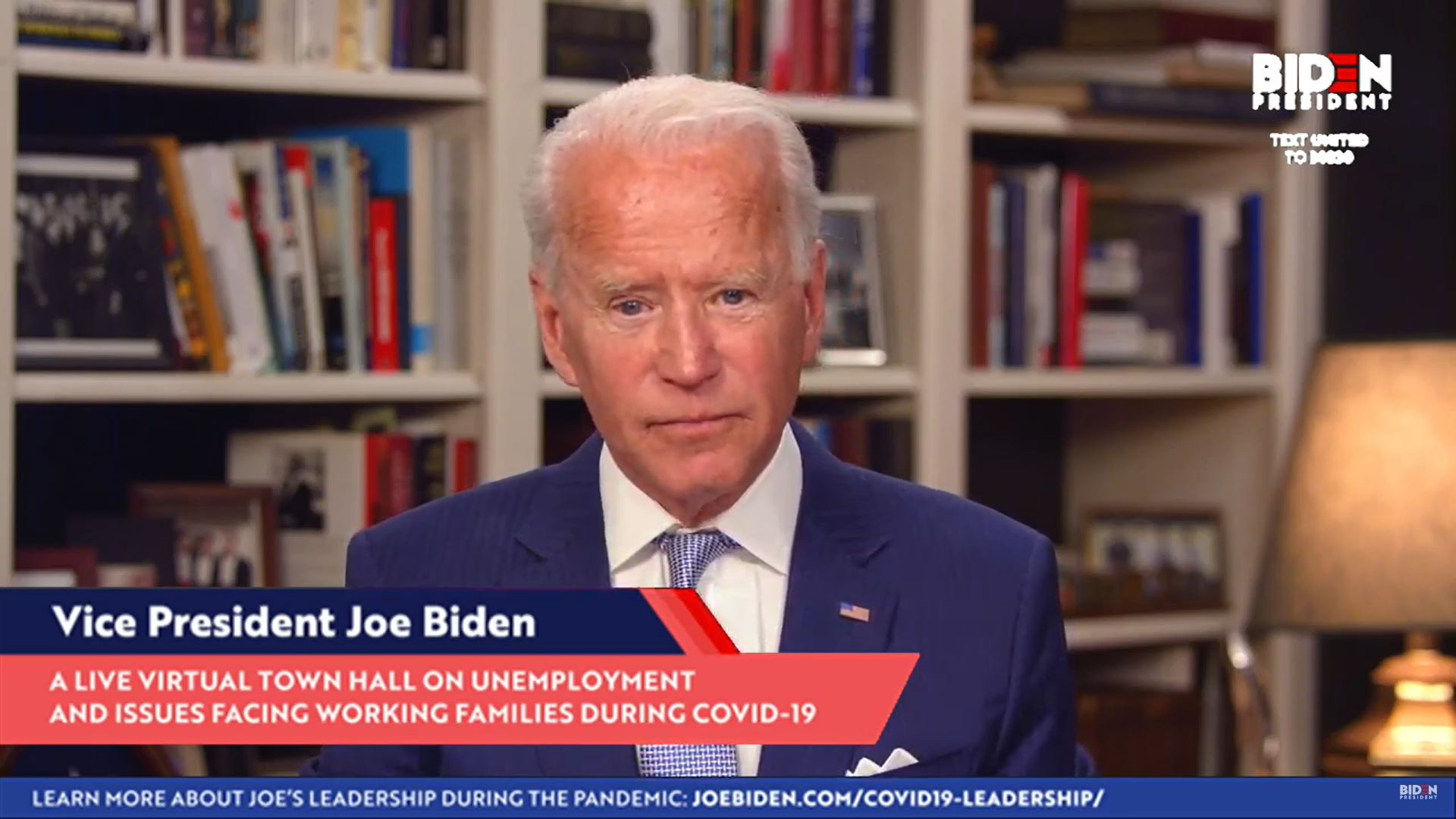
A better analogy would be Warren Harding (1919-23) or Calvin Coolidge (1923-29). These Republicans both secured election during and after an influenza pandemic, magnitudes greater than that which we face today, by insisting that “the chief business of the American people is business”.
The internationalism of the Democrats at the time was rejected by the people and it took them until 1932 to win the presidency again.
He is not even Barack Obama, the man on whose coat tails he hopes to ride into the White House.

Politics & Society
What could our post-COVID ‘new normal’ look like?
Of course, in a news cycle which favours the sitting president, any challenger faces the problem of relevance. But Biden has been worryingly inept in taking clear positions on what he would be doing differently. He faces charges of sexual assault from 1993. His party is united in hating Trump but remains divided ideologically.
Trump continues to be blessed by poor opponents: Hillary Clinton and her bungling campaign in 2016, Xi Jinping and his coronavirus travails today, and now Joe Biden, the least-worst candidate the Democrats could offer in 2020.
The two events that should have reduced his electoral chances have instead remade them.

The failed effort by Democrats to erase the 2016 result and remove him from office energised Trump. It convinced him and his base to fight harder and more aggressively against their opponents.
Importantly, the repetitive impeachment hearings revealed the depth of the Bidens’ (both father and son) ingratiation with the Ukrainian regime. Trump has already started to campaign on what he says are Biden’s comparable connections to China.
Trump will claim that his response to COVID-19 has remade American federalism.

Politics & Society
Fake news in the age of COVID-19
We too-often assume that American politics is Washington DC. The coronavirus has reminded us of the depth of politics across the country’s fifty states. Haphazardly and not always with wisdom, leading to unnecessary deaths, Trump’s competitive style has reenergized the contest between state and federal governments.
He has inadvertently questioned a core liberal assumption – that federal power must be expanded to meet every exigency, that Washington is one big security blanket. Instead, Trump has obliged governors and mayors to become policy entrepreneurs. The coronavirus response has exposed not the conspiracy behind what Trump calls ‘the deep state’ but its incompetence – and moved power back to the states.
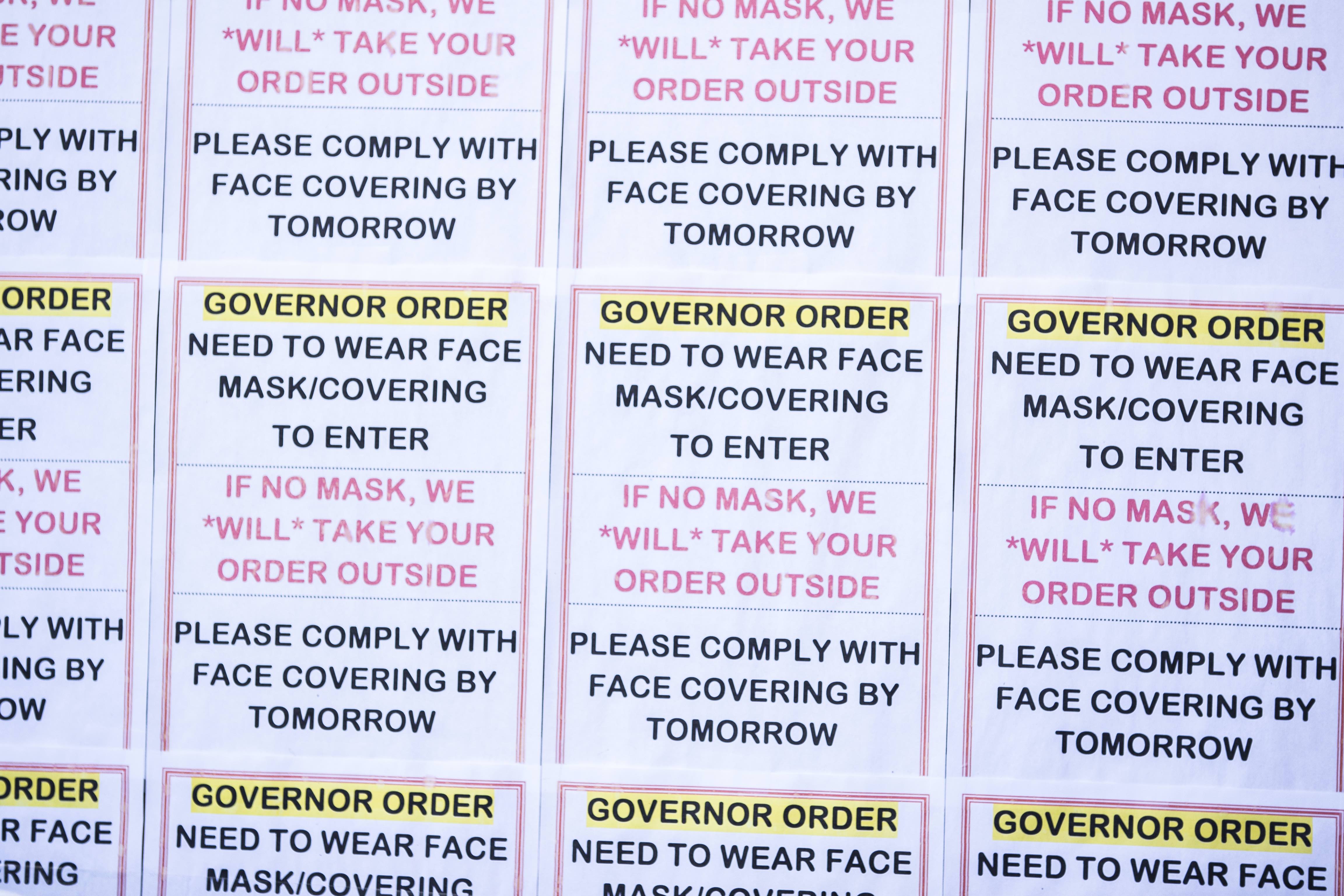
Crisis or no crisis, it is an almost unwritten law of US electoral politics that incumbent presidents win.
Only two men since 1932 have stood for re-election and failed. This does not guarantee Trump’s victory. Jimmy Carter and George H. W. Bush were both undone by crises they couldn’t master. But, if he can avoid contracting the disease himself, Trump’s often-inadvertent advantages in this fight are unusually and deceptively strong.
Associate Professor Tim Lynch’s new book In the Shadow of the Cold War: American Foreign Policy from George Bush Sr. to Donald Trump published by Cambridge University Press, is available now online or wherever books are sold.
Banner: Getty Images